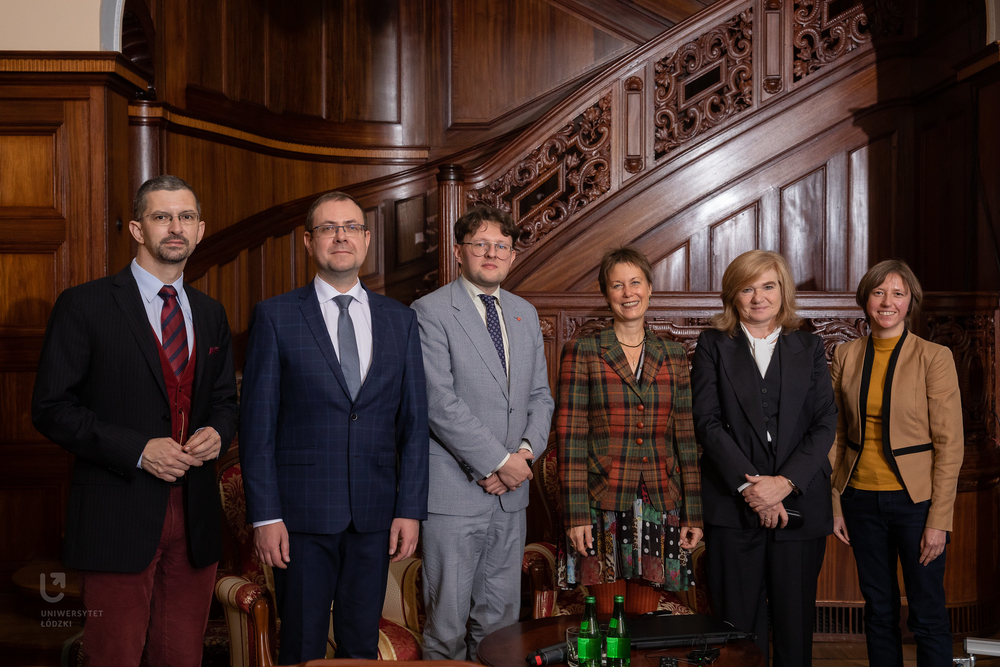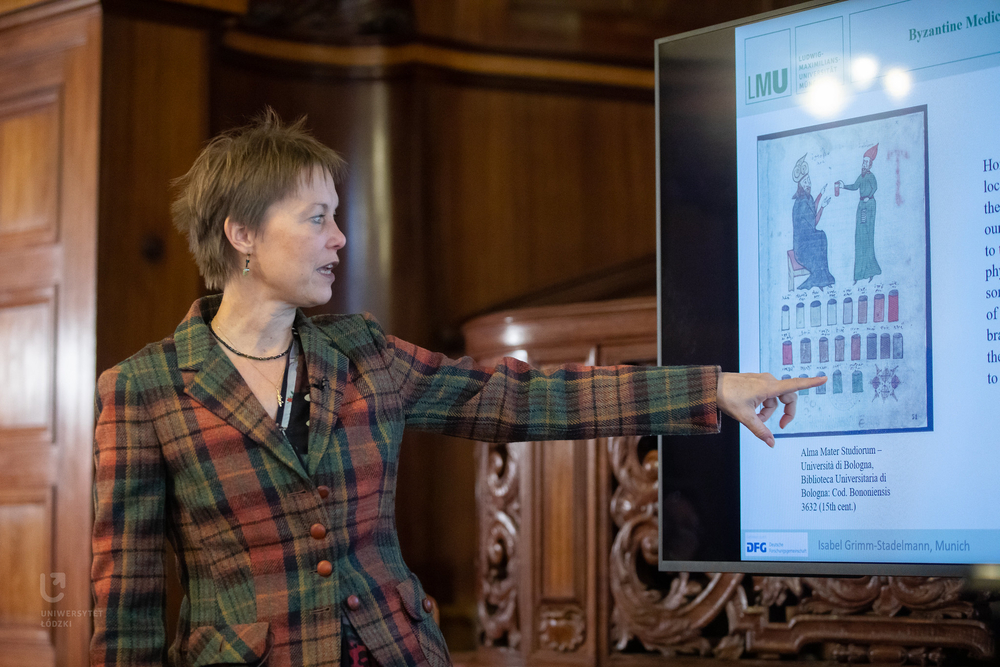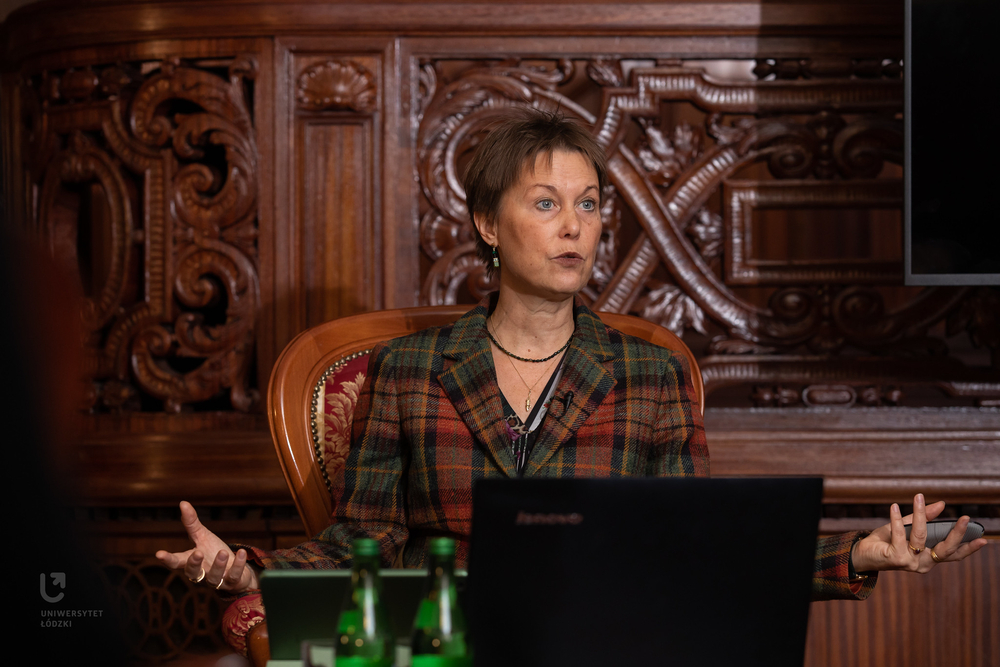 Photo: Bartosz Kałużny
Photo: Bartosz Kałużny
Professor Isabel Grimm-Stadelmann
Professor Isabel Grimm-Stadelmann, who is professionally associated with the Ludwig-Maximilian University in Munich and the Bavarian Academy of Sciences and Humanities, is one of the most recognized historians of Byzantine medicine.
Her key research area is the analysis of Byzantine medical manuscripts. The studies conducted by Prof. Grimm-Stadelmann on the medical thought of John Zacharias Actuarius (13th/14th century), one of the most important physicians of his era, are of particular importance for modern science. Professor Grimm-Stadelmann is currently preparing a critical edition and translation into German of his treatise entitled De actionibus et affectibus spiritus animalis huiusque nutritione. This will be the first modern edition (and at the same time the first translation into a modern language) of the entire work, which is extremely important for understanding ancient and Byzantine medical thought.
Professor Grimm-Stadelmann is the co-founder and editor of "Byzantinisches Archiv – Series Medica", one of the most important publishing series in the field of research on Byzantine medicine. He co-organises the international scientific seminar Séminaire sur les controverses scientifiques sur la formation médicale, considered the most important forum in its discipline shaping the contemporary state of knowledge about medical practices of antiquity and the Middle Ages.
Her activities are of great importance for the integration and development of studies in the history of Byzantine medicine. Professor Grimm-Stadelmann is, among others, initiator of the establishment of the Commission pour la Recherche sur la médecine byzantine, the main international body of researchers on this topic, operating within the Association Internationale des Études Byzantines. From the beginning of the establishment of the above-mentioned commission, as its President, Prof. Grimm-Stadelmann regularly cooperates with the Waldemar Ceran Research Centre for the History and Culture of the Mediterranean Area and South-East Europe Ceraneum.
 Photo: Bartosz Kałużny
Photo: Bartosz Kałużny
"Byzantine medicine: professional interaction between tradition and innovation"
Byzantine Medicine to a certain degree continues the ancient and late antique medical tradition but the significant difference lies in the application of innovative focusses and questions. Its huge amount of individuality derives from the continuous critical evaluation and redaction of the traditional sources, but likewise from clinical and therapeutical experiences, expressive and paradigmatic case studies, important additions and innovations in the field of pharmaceutics and materia medica, including also some physicians’ individual approaches by introducing some kind of "alternative healing" by "recycling" graeco-egyptian iatromagical motifs in a broader therapeutical context. A very "Byzantine" phenomenon is, for example, the increasing professional health care and the related institutions, the xenōnes, providing a platform for the transcultural scientific dialogue between physicians of many diverse cultural and intellectual affiliations. In this respect, Byzantine medicine embodies a significant reflection of the Byzantine multicultural society being the crossing point of numerous individuals, traditions and influences. A remarkable phenomenon of Byzantine medical history is the great influence of medical laymen, the philiatroi, which clearly illustrates the high esteem in which medicine was held within Byzantine intellectual society. Another interesting aspect is the development of Byzantine medical terminology and scientific language whose still almost unexplored facilities open up a wide field for transdisciplinary research cooperations between Byzantinists, medical historians and linguists.

Photo: Bartosz Kałużny
See the photo report of the event.
Edit: Communications and PR Centre, University of Lodz
The mission of the University of Lodz is to conduct reliable research and actively disseminate facts and research results so as to wisely educate future generations, be useful to society and courageously respond to the challenges of the modern world. Scientific excellence is always our best compass. Our values include: courage, curiosity, commitment, cooperation and respect.
